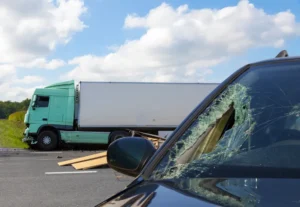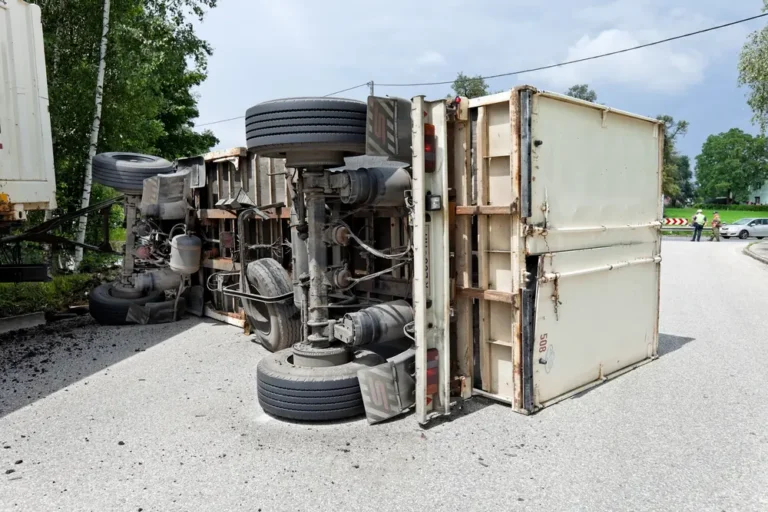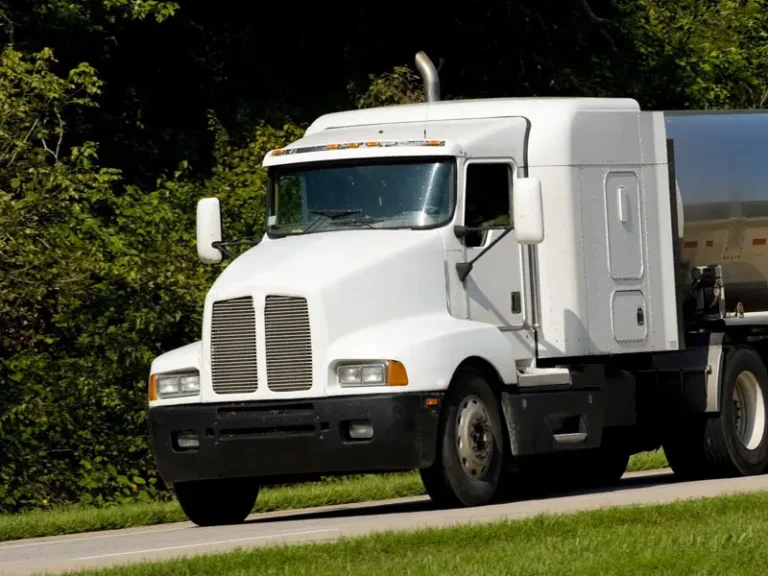Facts About 18-Wheeler Accidents and How to Avoid Them~2 min read
 We see 18-wheeler trucks on our every-day commute to work, on travels, and even going to the market. Not many of us are aware however, that these 18-wheeler trucks are involved in road and multiple-vehicle accidents on a daily basis.
We see 18-wheeler trucks on our every-day commute to work, on travels, and even going to the market. Not many of us are aware however, that these 18-wheeler trucks are involved in road and multiple-vehicle accidents on a daily basis.
Do you know how to best avoid these accidents? Below are facts about 18-wheeler accidents and tips on how to decrease your risk of being in one.
18-Wheeler Accidents Happen More Often Than You Think
Roughly 500,000 accidents are caused by 18-wheelers every year. These accidents lead to 130,000 injuries. In Texas alone, 15,000 18-Wheeler accidents occur annually, which is especially high for a state. 18-wheelers are commercial trucks and are also known as tractor-trailers, semi-trailers and big rigs. They transport over 70 percent of cargo and goods in the United States. With an increasing demand of material goods in the US, we can only expect to see more of these trucks.
There Are Many Causes Of 18-Wheeler Accidents
Despite the training and precautions taken by 18-wheeler drivers, there are still many potential causes that can lead to accidents. Sometimes, the causes are directly controlled by the driver and their circumstances, including alcohol use, drug use (most likely to stay awake), phone use while driving, and driver fatigue. Many truck drivers have strict schedules in which they drive overnight and for long hours. Other common causes include brake or mechanical failure, and poor road conditions.
These Causes Lead to Different Types of Accidents
Some of the most common 18-wheeler accidents include truck rollovers, rear-end collisions, tire blowouts, and underride accidents, in which the smaller vehicle ends up under the 18-wheeler. This is one of the most fatal types of accidents. Though, regardless of the type of accident, they frequently result in injury and deaths.
3 Tips to Avoid 18-Wheeler Accidents.
- Avoid driving in their blind spots. Their blind spots include the left and right sides, and the back and front of the truck. 18-wheelers have large blind spots, so it is more difficult for them to see you.
- Do not tailgate an 18-wheeler. Because of the blind spot behind the truck and the huge size-difference, you will be the one who receives the high impact, especially because you cannot see or tell when the truck driver will brake.
- Let Them Pass. If you see an 18-wheeler following closely behind you, allow them to pass. Being closely in front of the truck increases your risk of being rear-ended, as larger trucks need more space to stop safely. It’s crucial that you take precaution when driving near 18-wheelers.
If you or someone you know has been involved in an 18-wheeler accident and are seeking recovery and compensation, call Springer & Lyle at 940-370-4033.





